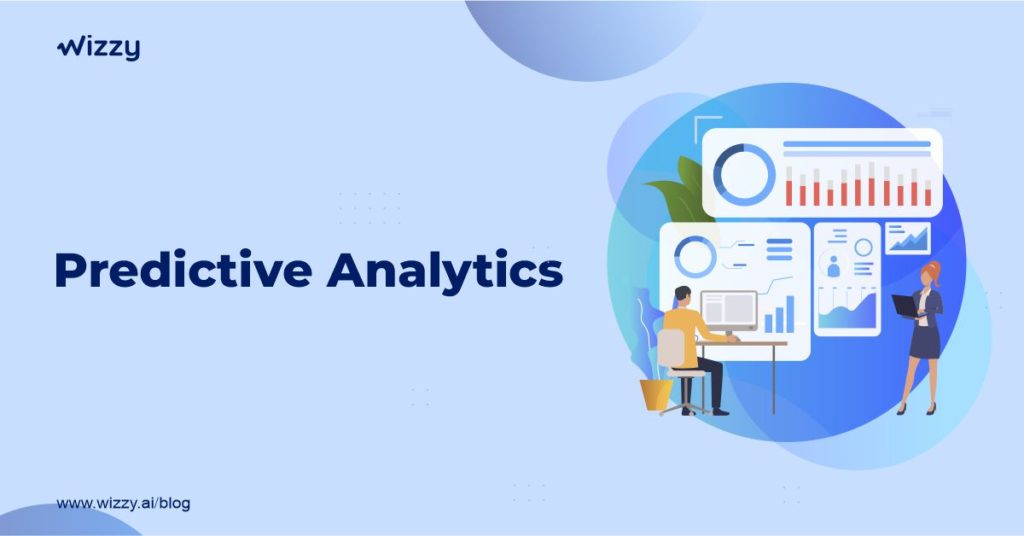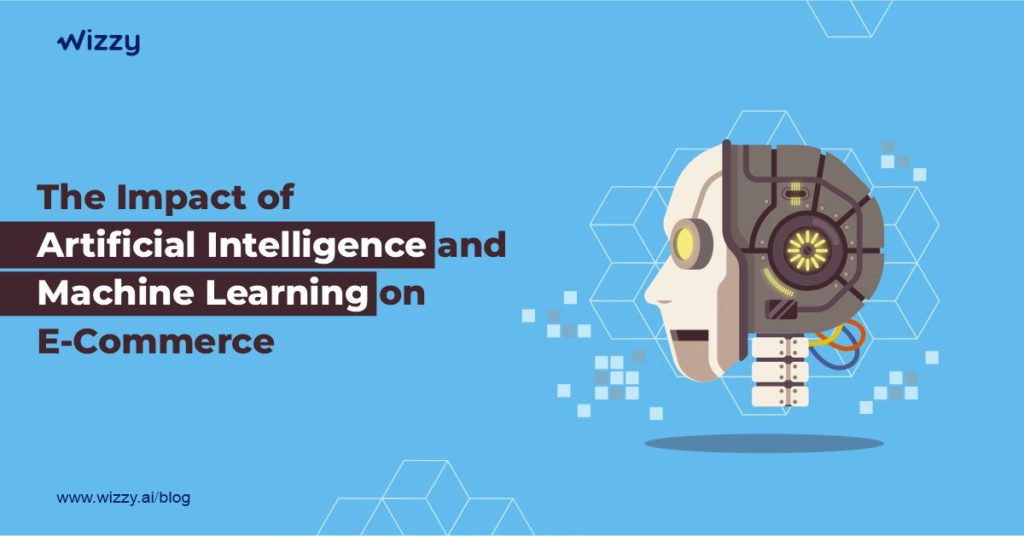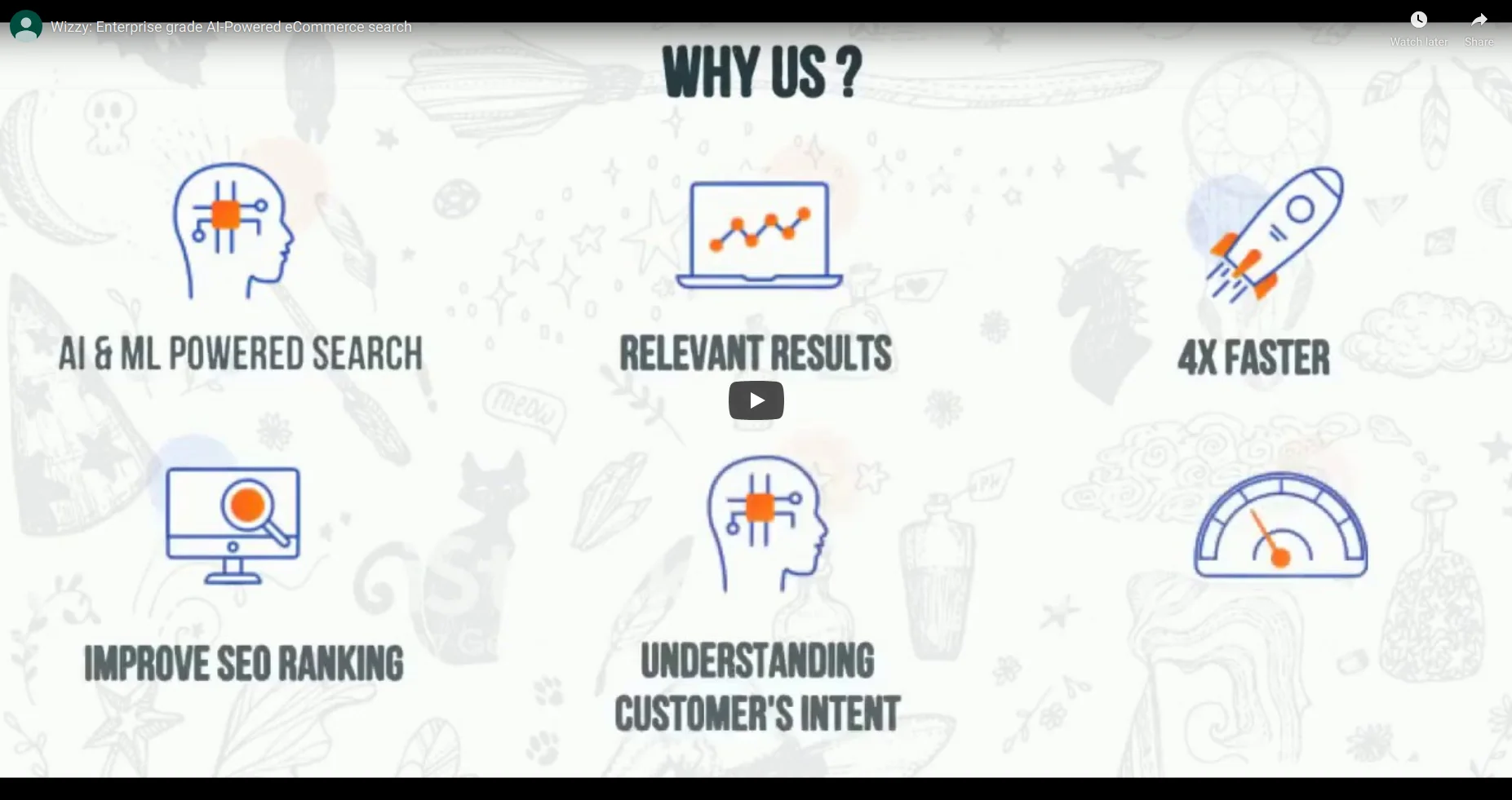Artificial intelligence (AI) and machine learning (ML) have been making huge waves in e-commerce over the past few years. From chatbots and personalization to fraud detection and customer service, these technologies are transforming the way we buy and sell online. In this blog, we’ll explore the impact of AI and ML on e-commerce and how it is changing the way businesses operate.
Artificial Intelligence and Machine Learning are two of the most revolutionary technologies that have been gaining ground over the past few years. These technologies are capable of learning, adapting, and improving over time, making them invaluable in the digital age. E-commerce businesses have been particularly quick to adopt these technologies, and they have been making significant impacts on the industry. In this blog post, we will explore how Artificial Intelligence and Machine Learning are shaping the future of e-commerce.
Personalization

One of the biggest benefits of AI and ML is the ability to personalize the customer experience. AI algorithms can analyze customer data such as search history, purchase behavior, and location to recommend personalized products and services. This level of personalization not only improves the customer experience but also increases the likelihood of a sale.
Chatbots

Chatbots are AI-powered virtual assistants that can answer customer queries in real-time. They provide a 24/7 customer service experience without the need for human intervention. Chatbots can also improve the customer experience by providing personalized product recommendations and by guiding customers through the sales process.
Chatbots are another example of how Artificial Intelligence and Machine Learning are impacting e-commerce. Chatbots are computer programs that interact with customers in a conversational manner to answer their questions, provide assistance, and facilitate purchases. These chatbots can be integrated into websites, mobile apps, and social media platforms to provide a seamless customer experience. For instance, a customer may ask a chatbot for help in finding a specific product or information on shipping.
Fraud Detection

AI and ML are also used to detect and prevent fraud in e-commerce. Machine learning algorithms can analyze customer behavior and identify unusual activity that could be a sign of fraudulent behavior. This technology has already helped reduce fraud in e-commerce and is expected to continue to do so in the future.
These technologies analyze data on customer behavior, such as their browsing history, device, location, and purchase patterns, to identify fraudulent transactions. This helps businesses to reduce chargebacks and losses due to fraudulent activities.
Customer Service

AI and ML have also revolutionized the way businesses handle customer service. Chatbots are just one example of how businesses are using AI to improve customer service. Other examples include automated email responses, personalized marketing messages, and real-time customer support.
Inventory Management

ML is also being used to optimize inventory management. Machine learning algorithms can analyze sales data to determine which products are selling well and which are not. This information can then be used to adjust inventory levels and reduce waste.
Predictive Analytics

AI and Machine Learning are also being used to provide predictive analytics to businesses. These technologies analyze data on customer behavior, such as their purchase history, searches, and browsing patterns, to predict future purchases. This helps businesses to create targeted marketing campaigns, increase customer retention, and maximize revenue.
Visual Search

Visual search is another example of how Artificial Intelligence and Machine Learning are changing the e-commerce landscape. Visual search allows customers to search for products using images instead of text. This technology uses Machine Learning algorithms to recognize objects in images and provide accurate search results. For instance, a customer can take a picture of a dress they like and use visual search to find similar products.
Autocomplete Search

Autocomplete search is a popular feature in many search engines and applications that suggests search queries based on the user’s input. AI plays a crucial role in autocomplete search by utilizing machine learning algorithms to predict the user’s query and provide relevant suggestions.
Here’s how AI helps in autocomplete search:
Natural Language Processing (NLP): NLP is a field of AI that focuses on the interaction between humans and computers using natural language. Autocomplete search uses NLP to analyze the user’s input and suggest relevant search queries based on the context.
Data Mining: Autocomplete search uses data mining techniques to extract relevant information from large datasets. The search engine can use this data to suggest relevant search queries to the user.
User Behavior Analysis: Autocomplete search also analyzes the user’s behavior, such as their search history and search preferences, to provide relevant suggestions. The search engine can use this data to personalize the autocomplete search results for each user.
Overall, AI plays a significant role in autocomplete search by analyzing user input, learning from past search queries, and providing personalized suggestions. This improves the user experience and helps users find what they are looking for more quickly and easily.
Conclusion
In conclusion, AI and ML are changing the e-commerce landscape in profound ways. From personalized experiences and chatbots to fraud detection and inventory management, businesses are using these technologies to improve the customer experience and increase sales. As AI and ML continue to develop, we can expect to see even more innovative solutions in e-commerce.



